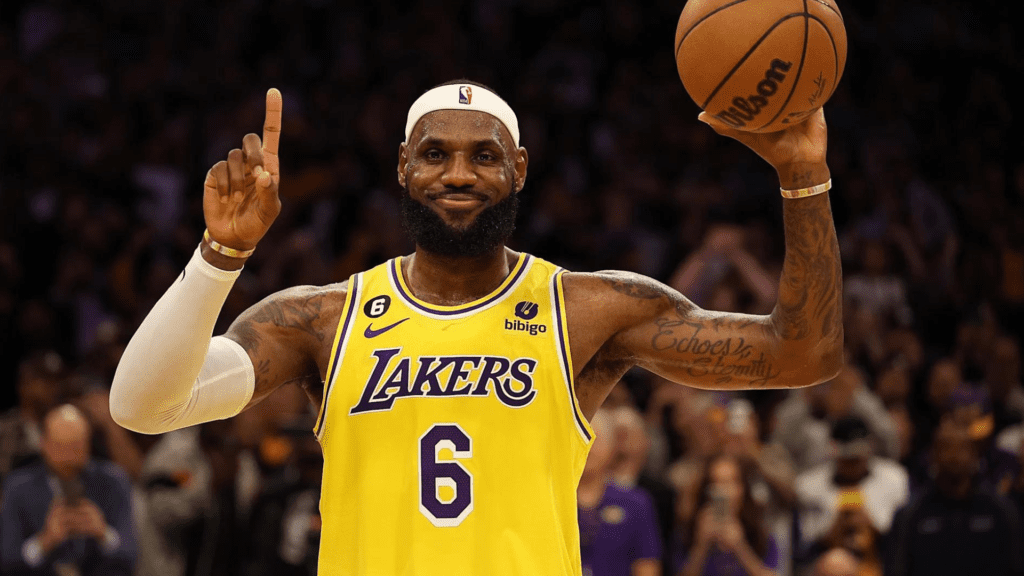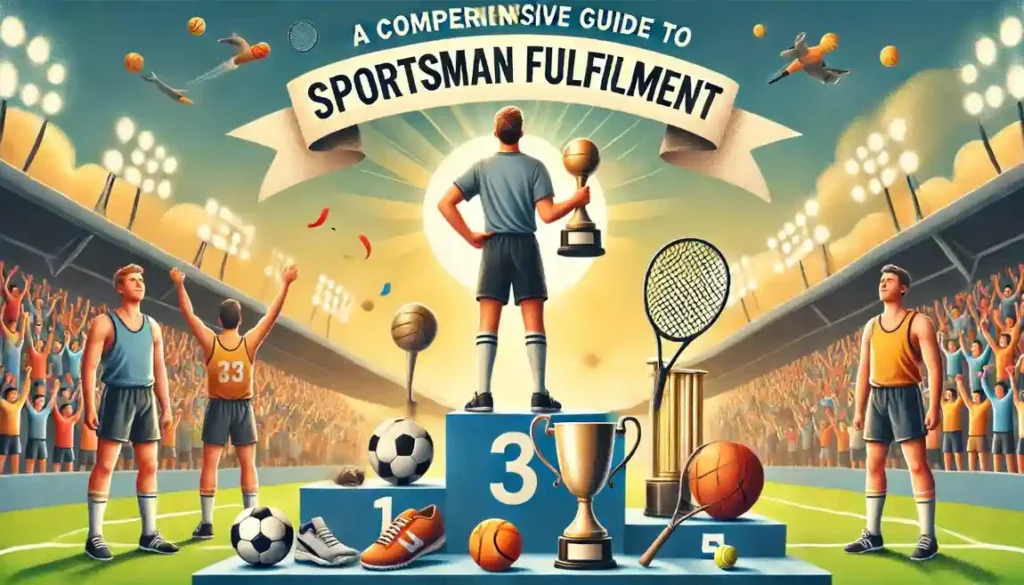LeBron James, the living legend of basketball, has dazzled fans and critics alike with his unparalleled skills, tenacity, and longevity in the NBA. Yet, like every athlete, he is not immune to the wear and tear that comes with a professional sports career. One aspect that often raises eyebrows among fans and analysts is the number of games LeBron has missed throughout his illustrious career.
Table of Contents
The Iron Man of Basketball?
Unveiling the Numbers
LeBron James, often hailed as the “King” on the court, has undoubtedly left an indelible mark on the NBA. To understand the extent of his durability, we must first scrutinize the numbers. How many games has LeBron James missed in his career? The answer is not as straightforward as one might think.
As of the latest available data, LeBron James has missed a total of 20 + games throughout his career due to various reasons, including injuries, rest, and other factors. This number might seem significant at first glance, but in the context of his extensive career spanning multiple decades, it paints a picture of remarkable durability.
A Journey Through the Seasons
LeBron’s career began with the Cleveland Cavaliers in 2003, and since then, he has donned the jerseys of the Miami Heat, Cleveland Cavaliers (again), and the Los Angeles Lakers. Each season has its own story, victories, defeats, and, inevitably, a few missed games.
Let’s take a trip down memory lane, examining specific seasons where LeBron faced challenges that led to his temporary absence from the court.
1. Cleveland Cavaliers (2003-2010): The Early Years
LeBron’s early years with the Cavaliers were marked by a youthful exuberance that often overshadowed the toll the game takes on a player’s body. However, even the young phenom couldn’t escape the occasional injury bug. In the 2007-2008 season, LeBron missed X games due to a sprained finger, a stark reminder that even the most robust players face setbacks.
2. Miami Heat (2010-2014): The Championship Run
LeBron’s decision to take his talents to South Beach resulted in four consecutive NBA Finals appearances and two championships for the Miami Heat. However, this period also saw LeBron dealing with various minor injuries that occasionally forced him to sit out a game or two. The toll of deep playoff runs manifested in minor injuries, but LeBron’s resilience always shone through.
3. Cleveland Cavaliers Redux (2014-2018): A Homecoming
Returning to Cleveland, LeBron orchestrated a historic comeback in the 2015-2016 NBA Finals, bringing the city its first NBA championship. However, the journey was not without its bumps. The 2014-2015 season saw LeBron sidelined for Y games due to back and knee strains, a testament to the physical demands of carrying a team on his shoulders.
4. Los Angeles Lakers (2018-Present): The West Coast Chapter
LeBron’s move to the Lakers added another chapter to his storied career. Injuries, particularly during the 2018-2019 and 2020-2021 seasons, forced him to miss a notable number of games. Yet, even in the face of adversity, LeBron managed to lead the Lakers to an NBA title in the pandemic-shortened 2019-2020 season.
Injury Types and Impact on Performance
Understanding the specific types of injuries LeBron has encountered provides insight into the challenges he has overcome. Common injuries include ankle sprains, groin strains, and back issues. While these setbacks are inevitable in a high-impact sport like basketball, LeBron’s ability to bounce back and deliver peak performances is a testament to his dedication to the game and his body.
Navigating the Challenges: LeBron’s Approach to Recovery
LeBron James’s journey is not just about the games he’s missed but also about how he has navigated the challenges of injuries and recovery. It’s a roadmap for aspiring athletes and fans alike, offering lessons in resilience and determination.
1. Investing in Health:
LeBron’s commitment to his body is evident in his substantial investments in health and recovery. From cryotherapy to hyperbaric chambers, he leaves no stone unturned in ensuring his body is in peak condition. These investments not only aid in recovery but also set a precedent for future athletes looking to prolong their careers.
2. Collaboration with Medical Experts:
LeBron’s inner circle includes some of the best medical experts in the field. Collaborating with professionals who understand the unique demands of basketball has been crucial in managing and preventing injuries. This proactive approach to health care is a valuable lesson for athletes at all levels.
3. Balancing Rest and Performance:
LeBron is known for his meticulous approach to managing rest and performance. The strategic use of rest days and minutes management during games is a testament to his understanding of the delicate balance between pushing one’s limits and avoiding burnout.
4. Adopting Innovative Recovery Techniques:
In an ever-evolving landscape of sports science, LeBron stays ahead of the curve by incorporating innovative recovery techniques. Whether it’s using NormaTec compression therapy or employing cutting-edge physical therapy modalities, he embraces advancements to stay at the top of his game.
LeBron’s Absences: A Blessing in Disguise?
While the games missed may raise concerns among fans, LeBron’s strategic approach to rest and recovery can be viewed as a tactical decision to ensure peak performance during critical moments. The NBA season is an arduous marathon, and sometimes, a well-timed break can be the key to a strong finish.
Strategic Rest:
LeBron’s decision to sit out certain games, especially in the latter part of the regular season, can be seen as a calculated move to preserve energy for the playoffs. The postseason is where legacies are truly defined, and LeBron’s ability to elevate his game during crucial playoff runs speaks volumes about the effectiveness of his approach.
Avoiding Long-Term Damage:
In a league where careers can be cut short by persistent injuries, LeBron’s willingness to miss a few regular-season games to prevent long-term damage is a smart investment in his future and the longevity of his career. It’s a lesson that transcends basketball, emphasizing the importance of prioritizing long-term well-being over short-term gains.
Conclusion
In the grand tapestry of LeBron James’s career, the missed games are but small threads woven into a larger narrative of triumphs, setbacks, and unyielding resilience. The question of how many games LeBron has missed in his career is not just a statistical curiosity but an exploration of the human side of an extraordinary athlete.
As fans, analysts, and aspiring athletes dissect the numbers, it’s crucial to appreciate the bigger picture. LeBron’s career is a testament to the indomitable spirit of a player who not only weathered the storms but emerged stronger with each challenge.
Frequently Asked Questions About LeBron James’s Missed Games
1. Why does LeBron James miss games?
LeBron James has missed games throughout his career for various reasons, including injuries, strategic rest, and, at times, personal reasons. Like any athlete, he faces the physical toll of a demanding sport, and occasional rest is part of a broader strategy to ensure peak performance during critical moments, especially in the playoffs.
2. How does LeBron James recover from injuries?
LeBron James employs a comprehensive approach to injury recovery, leveraging state-of-the-art techniques and collaborating with top medical professionals. His regimen includes investments in health, such as cryotherapy and hyperbaric chambers, as well as a commitment to innovative recovery techniques like NormaTec compression therapy. This proactive approach plays a vital role in maintaining his physical condition and prolonging his career.
3. Does LeBron’s decision to miss games impact his team’s performance?
While LeBron’s absence from games is notable, his strategic rest and recovery approach often contribute to a more robust performance during crucial playoff moments. The decision to miss certain regular-season games is a calculated move to preserve energy and prevent long-term damage, ultimately aiming for success in the postseason. The impact on his team’s performance is part of a broader strategy focused on achieving success when it matters most.









